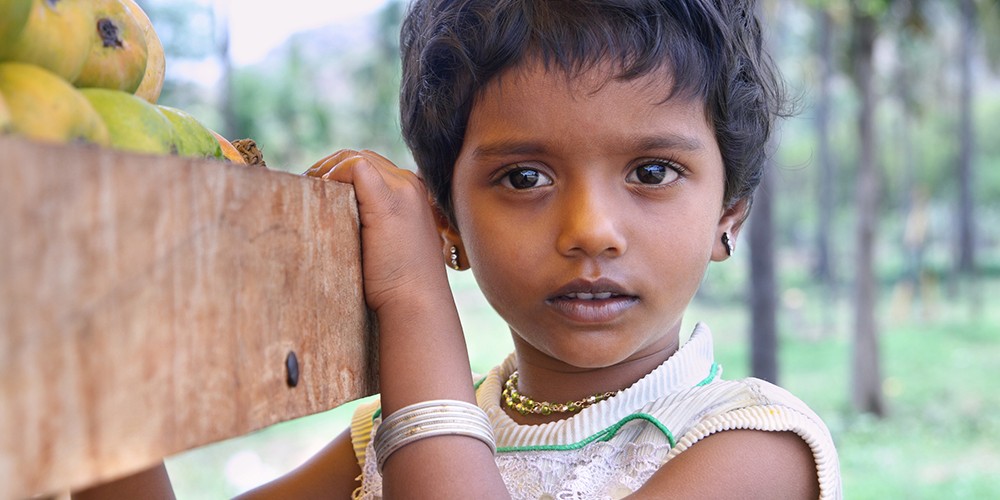
You never forget the stories.
Teenagers tricked into forced prostitution. Men who travel halfway around the world for a good job, only to be deceived into forced labor. Advocates who spend their entire lives fighting to help survivors.
Human trafficking is a terrible stain on our society. As I said earlier this year, it’s an issue that many of us hear about, but don’t fully understand.
Attaching names to the stories can help. Kayla suffered years of abuse from her trafficker, being forced from location to location. At 29, she returned to her home country of Romania, but couldn’t read or write. Today, with the care of specialists and volunteers, she’s thriving.
Harold came to the U.S. on a visa to work at an Indian restaurant in Ohio. But Harold and his family were treated like slaves and needed help from law enforcement and non-profit organizations to escape. Harold is now a member of the U.S. Advisory Council on Human Trafficking.
Kayla and Harold are now making big strides in life, but they couldn’t have done it alone. They needed help.
At a recent White House meeting with President Trump, I and others in the anti-trafficking field sought to strengthen efforts to provide that help and stop human trafficking. Participants included leaders from the International Justice Mission, the Human Trafficking Institute and Hope 4 Justice, as well as survivors themselves. I was joined by the head of United Way’s Center on Human Trafficking and Slavery, Mara Vanderslice Kelly.
At the meeting, the President committed to putting the full weight and force of his administration behind anti-trafficking efforts. He called it “an epidemic.” Now, it’s time to turn words into action.
Let’s be clear: human trafficking is one of the most under-addressed human rights issues of our time. There are nearly 21 million victims of human trafficking worldwide. Traffickers are estimated to make more than $150 billion off of human suffering every year.
By comparison, the federal government currently devotes less than $250 million to fight human trafficking. If we spend just two cents to combat trafficking for every dollar traffickers make selling people, we’ll have $3 billion to help liberate millions from bondage.
At the meeting, the Trump Administration asked us to follow-up with specific actions the administration could take, and United Way assembled more than 20 of the nation’s leading anti-trafficking experts to give their best recommendations, including:
- Dramatically increase funding for anti-trafficking efforts within the United States and around the world, including an increase of $145 million annually for both domestic and international programs, and full funding of the End Modern Slavery Initiative Act.
- Use trade policy and enforcement to incentivize companies to eliminate forced labor from their supply chains and protect American workers and businesses from the threats of human trafficking
- Ensure that survivors of human trafficking are not prosecuted for crimes they were forced to commit while being trafficked, and that survivors are included in every part of program and policy development
Moving forward, United Way will continue to bring people together to fight human trafficking. We’re supporting Generation Freedom to rally more organizations and companies to the cause. We mobilized over 200 organizations in support of Senator Bob Corker’s End Modern Slavery Initiative Act. And we’re taking action with our corporate partners and local United Ways. Last year, for instance, the United Way of Greater Atlanta successfully helped to pass an amendment in Georgia to fund rehabilitative services for child victims of sex trafficking.
Serving on President Obama’s Advisory Council for Faith-based and Neighborhood Initiatives dramatically opened my eyes to the scope of human trafficking around the world. I realized that people aren’t tricked, trapped or used in a vacuum. It’s often the most vulnerable among us that are targeted for modern-day slavery.
For every Kayla or Harold, there are millions more who are being held against their will. They may be on the streets, on a farm, or helping to cook your meal. Each of them deserves the same opportunities that we enjoy.
Click HERE to join our fight and help us continue to press for action and save lives.
